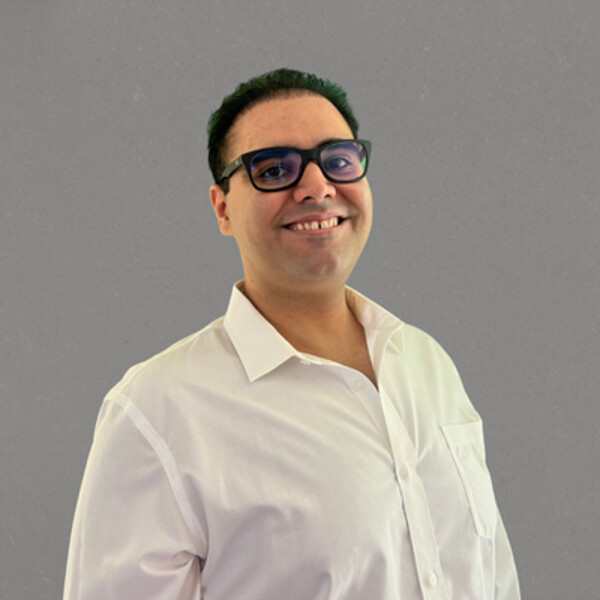Breadcrumbs
- Home
- The program
- How you will learn
How you will learn
We won’t just hand you the answers. Instead, we’ll guide you in developing the skills to discover your own solutions through creative problem-solving.Dr. Joseph Ferenbok, Program Co-Founder
At the TRP, you learn by doing.
Experiential learning is a key part of the TRP. During the two years (five terms) spent in the program, you will complete 8.0 full course equivalents (FCEs) and address real-world issues through case studies and projects.
We emphasize performance-based learning using a Competency by Design model. Here, students develop and record key competencies throughout the curriculum and program. This approach aims to establish a clear connection between the program’s mission, learning outcomes, assessment tools, and the overall competencies expected of our graduates.
Your degree culminates in a Capstone research project. You’ll identify, propose, and execute a translational research project with tangible benefits for human health.
Our concept of teaching
We are here to facilitate your learning. That means we will not provide facts you need to remember or steps you need to follow. We will guide you in creative and innovative thinking so you can build a toolkit of skills and a framework to guide your thinking.
This approach means you will be flexible, adaptable and able to creatively problem solve in any situation.
We use Individual Development Plans (IDP) to provide you with the opportunity to set your personal, professional and academic development goals beyond the learning outlined by the program in the classroom.
You will be partnered with an TRP advisor who will serve as your mentor throughout the duration of your time with us.
The skills you will learn
For more on what you could get out of the program, see Why join the TRP?
The TRP will provide you with skills that you can apply to your work or career immediately.
We believe that every graduate of the TRP must be able to demonstrate a level of proficiency in 5 core areas:
How the program is structured
The first year is course-based with in-person classes on Tuesdays and Thursdays. You will build your own program from a range of core courses, modules you can choose and additional electives if you want to attend them. See more on courses.
The second year is structured around your Capstone research project: ideally this is an issue or project you have a personal interest in or is related to your work. See more on Capstones.
In second year you must attend a monthly class and meetings related to your Capstone. You will spend very little time in class and most of your time in self-directed learning through your research project, guided by your supervisors, committee members and team members where relevant.
We also encourage and enable our students to attend relevant national and international conferences. Discover some of the conferences our students attend.
Why this isn't an online course
Our students are at various different stages of their careers and have busy lives. Often people will seek an online course for more flexibility with their work.
We don't believe that is possible for this program because people are at the heart of the TRP.
A major part of our program is developing skills that help you to problem solve, think on your feet and engage with people from many different backgrounds, including patients. Collaborations and opportunities to get involved in initiatives and projects help you learn and broaden your thinking and networks.
You are not learning on your own - your interactions with others are part of your development. You cannot do that effectively online.

Mehrdad Farahani
TRP Alumni, MD
"What truly set this program apart was prioritizing developing essential human skills to focusing on the mechanics of translation. These skills have proven to be timeless, providing us with the ability to thrive in new and unfamiliar environments. They equip us with the capacity to adeptly analyze problems, uncover underlying needs, and design effective interventions."

Dr. Andrei Iliuta
TRP Alumni, MD
"As a translational researcher, I am now integrating scientific communication skills, needs assessment, and knowledge translation into my vision of the future. TRP has taught me to think outside boundaries and seek out people from different backgrounds."
